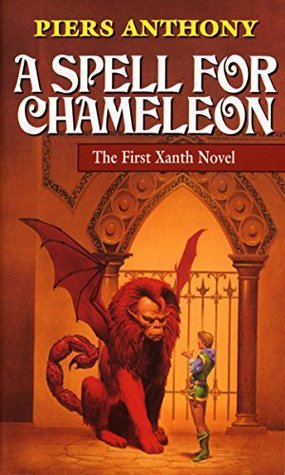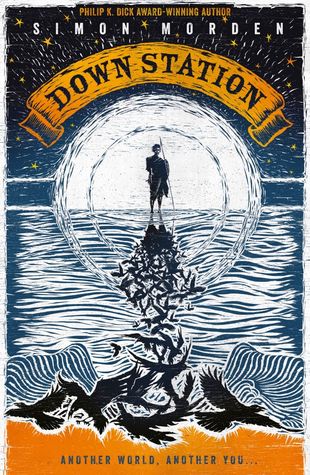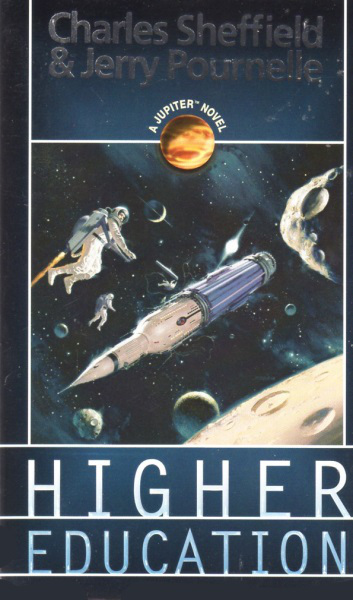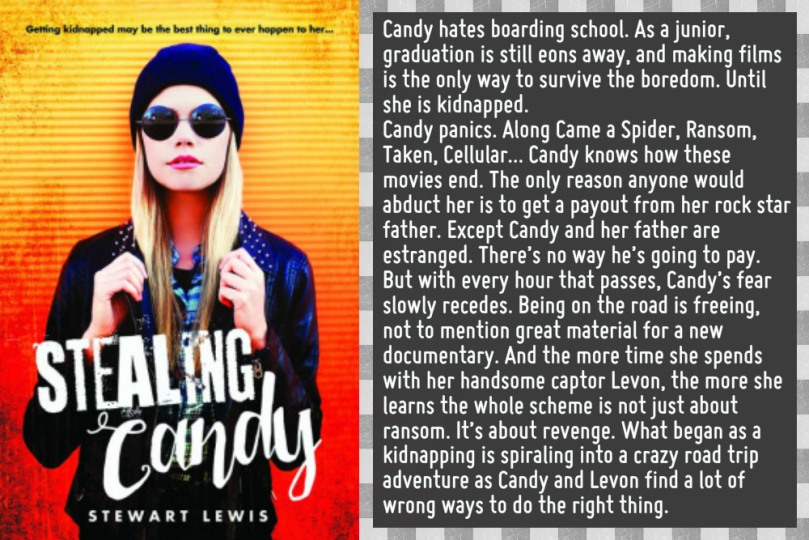The intention of fantasy/science fiction book group to which I belong is to read one ‘old’ text and one ‘new’. Not only am I reading the current books selected by the group but I am considering options for my own suggestions. Quite by accident two of the novels I recently read fall into that arrangement, A Spell for a Chameleon by Piers Anthony and Down Station by Simon Morden


I went looking for a novel by Piers Anthony; I wanted to reread Orn. I remembered elements of the story and remember being particularly fascinated by the eponymous character with his inherited memory. We, of the OSFF book group, have quickly realised that a recommendation of an old favourite without a recent reassessment can be very embarrassing. There is nothing that dates faster than science fiction and fantasy! Why is this so? I have a lot of ideas; it is a topic I am pondering and will return to.
I didn’t find Orn so I read A Spell for a Chameleon which I had not read before; unlike my brother I have not read all of Piers Anthony’s books. And I am so glad that I did! It is a romp of a book. The magical land of Xanthe is quirky, vivid and magical. Bink’s journey, in search of his elusive magical talent, or face exile to Mundania, allows Anthony to create a madcap series of adventures with mythical creatures and monstrous dangers. Yet, despite the derring-do style of hero and is friends the novel has some interesting insights to offer on the use and abuse of power, corruption, ambition, personal growth and societal development.
At times this book is at times pretentious with Bink’s, and I presume Anthony’s, pronouncements on ideal woman though the humour keeps this from getting too grating. The similar tale has been told by Chaucer’s The Wife of Bath. This part of the book reads like prose version of the songs ‘I’m a Bitch’ by Meredith Brooks and Shelly Peikin and ‘Always a Woman to Me’ by Billy Joel. I note with interest that Billy Joel’s song was written in the same year as A Spell for a Chameleon 1977.
I did think that the middle sagged a bit with the excess of the wondrous beasties, marvellous escapes and hammering the motif of loyalty, though it weathers forty years very well being clever and well-written. There are a raft of further Xanthe novels but I will count myself lucky to have read just this one.
Down Station by Simon Morden was written in 2016 is also set in a magical world where the ability to transform is a central theme, however, in this novel the degree to which the super-ego controls the id affects the nature of the transformation. I found the beginning of this novel enthralling. I loved the concept of slipping through a door into a primeval world to escape inevitable death when there is fire in London’s Underground. I loved the characters Morden has created in Dalip and Stanislav though I was always a bit doubtful about Mary. The process by which foul-mouthed Mary moves from raging self-interest to magnificent loyalty, from vindictiveness to mercy, is unconvincing especially as the person most likely to evoke that feeling in the circumstances, Mama, is sidelined in favour of the moral Dalip.
The battles let this novel down as the reasoning for why they arose was often weak. The last battle of the novel was not credible even within the permitted bounds of a fantasy novel. Dalip, who is the most captivating character, failed to rescue the sense of Down Station with his inexplicable sympathy for a leader who had orchestrated slavery, torture and the disembowelment of a guard. I have no interest in accompanying these characters through sequels as they head for the Crystal City and seek the meaning of maps. With the loss of Stanislav the novel lurched from coherent to fantastic though I accept that Dalip may still save the day and the story.
Advertisements Share this:




